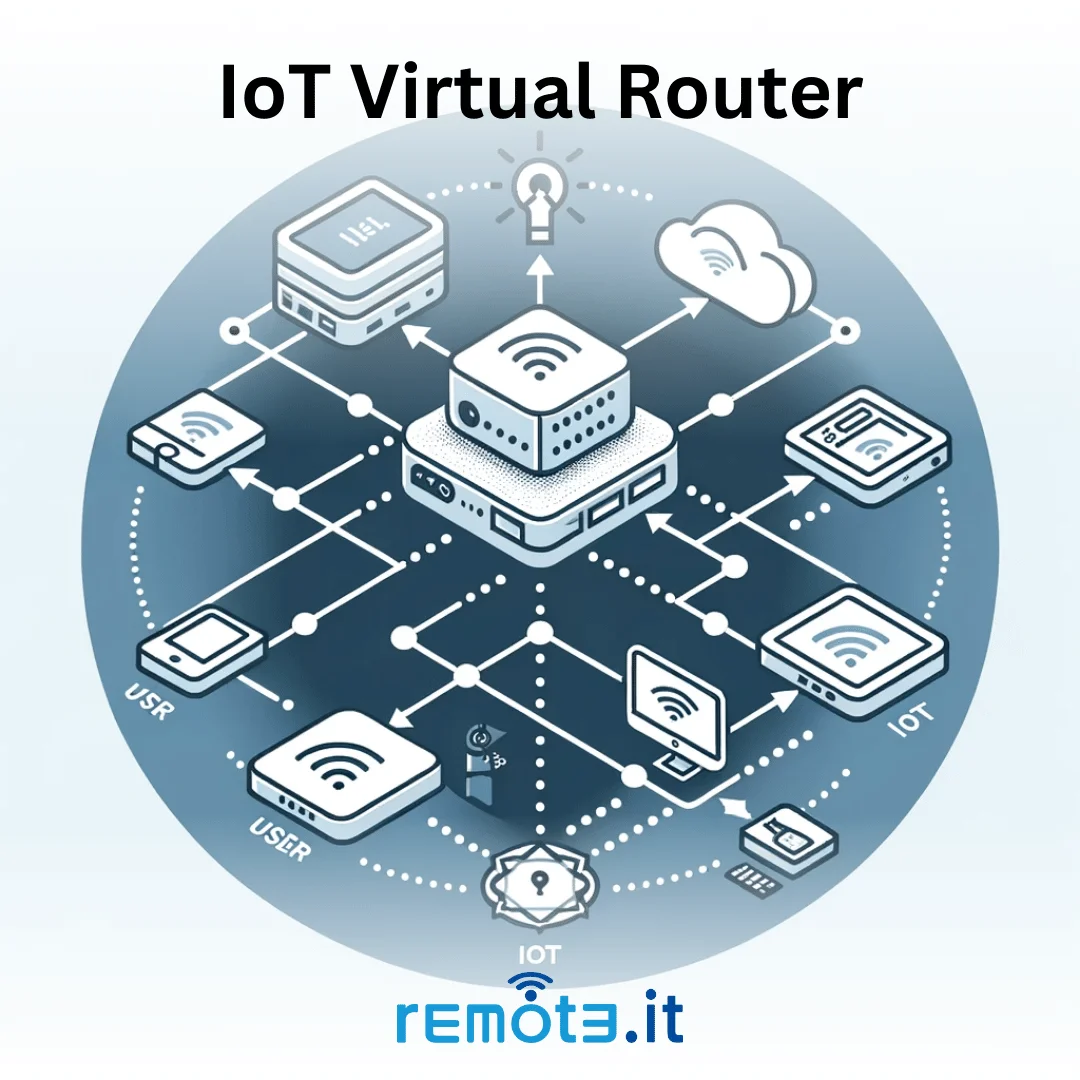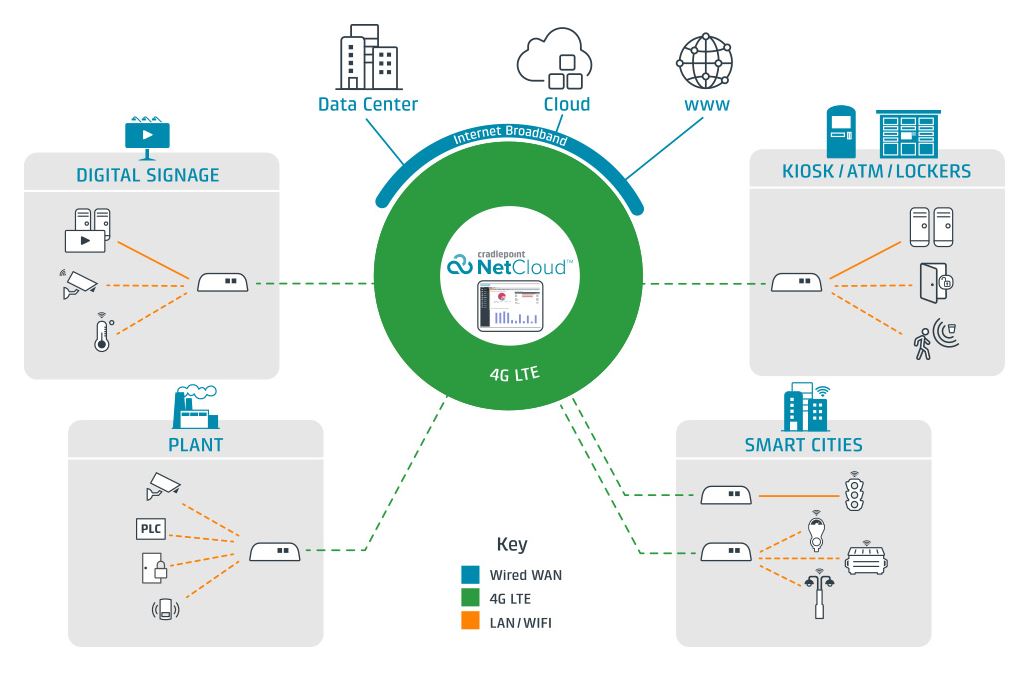In today's interconnected world, remote IoT (Internet of Things) control has become an essential aspect of modern living. By enabling remote IoT behind router on Android for free, users can manage their smart devices seamlessly without additional costs. Whether you're monitoring home security systems, adjusting smart thermostats, or controlling lighting solutions, this technology empowers you to stay connected anytime, anywhere.
As more individuals adopt smart home ecosystems, understanding how to configure and utilize remote IoT connectivity becomes crucial. However, many users are unaware of the free tools and methods available to achieve this functionality. This guide explores the possibilities, step-by-step instructions, and best practices to set up remote IoT control behind a router using Android devices.
Our focus is on providing actionable insights and practical solutions that empower users to harness the full potential of their IoT devices without incurring additional expenses. By leveraging existing technology and open-source solutions, you can create a secure and efficient remote IoT infrastructure tailored to your needs.
Read also:Discovering Duncan Tellef Butler Iii A Dallas Tx Legacy
Understanding the Basics of Remote IoT
Before diving into the technical aspects, it's important to grasp the fundamental concepts of remote IoT systems. At its core, remote IoT enables users to interact with smart devices over the internet, regardless of physical location. This functionality relies on several key components:
- IoT Devices: Smart gadgets equipped with internet connectivity
- Network Infrastructure: Routers and modems facilitating device communication
- Cloud Platforms: Centralized systems managing device interactions
- Mobile Applications: User interfaces enabling device control
When implementing remote IoT behind router on Android for free, understanding these components is crucial for successful setup and operation. Each element plays a specific role in ensuring seamless device communication and control.
Key Benefits of Free Remote IoT Solutions
Cost-Effective Implementation
One of the primary advantages of free remote IoT solutions is the absence of recurring subscription fees. By utilizing open-source software and existing hardware, users can create a robust IoT ecosystem without significant financial investment. This approach democratizes access to smart technology, making it available to a broader audience.
Enhanced Security Measures
Implementing free remote IoT solutions often involves configuring advanced security protocols. These measures protect sensitive data and ensure secure device communication. Key security features include:
- Encryption protocols
- Firewall configurations
- User authentication mechanisms
These security elements are crucial for maintaining the integrity of your IoT network and protecting personal information.
Step-by-Step Guide to Setting Up Remote IoT
Configuring Your Router
The first step in setting up remote IoT behind router on Android for free involves router configuration. Begin by accessing your router's settings through a web browser. Look for the following options:
Read also:Who Is Diddy Epstein A Deep Dive Into The Life And Legacy Of A Rising Star
- Port forwarding settings
- Dynamic DNS (DDNS) configuration
- Firewall rules
Proper router setup ensures that your IoT devices can communicate with external networks while maintaining security. Refer to your router's user manual for specific instructions related to these settings.
Choosing the Right IoT Devices
Selecting compatible IoT devices is crucial for successful remote control implementation. When evaluating potential devices, consider the following factors:
- Device compatibility with Android systems
- Support for remote access protocols
- Integration capabilities with existing smart home ecosystems
Popular IoT devices compatible with remote control include smart thermostats, security cameras, and lighting systems. Ensure that chosen devices offer robust security features and reliable connectivity options.
Setting Up Android Applications
Installing Necessary Apps
To facilitate remote IoT control on Android devices, several applications are essential. Begin by downloading and installing the following apps from the Google Play Store:
- Remote Access Applications
- Device Management Tools
- Security Monitoring Software
These applications provide the necessary functionality for managing IoT devices remotely. Follow installation instructions carefully and configure settings according to your specific requirements.
Implementing Security Protocols
Securing your remote IoT setup is paramount to protecting sensitive data and ensuring device integrity. Implement the following security measures:
- Use strong, unique passwords for all devices
- Enable two-factor authentication whenever possible
- Regularly update firmware and software
These practices form the foundation of a secure IoT environment, safeguarding your devices and personal information from potential threats.
Troubleshooting Common Issues
Encountering challenges during setup is common when implementing remote IoT behind router on Android for free. Address these issues by following these troubleshooting steps:
- Verify router settings and configurations
- Check device compatibility and firmware updates
- Consult user manuals and online resources
By systematically addressing potential problems, you can ensure a smooth setup process and optimal system performance.
Optimizing Performance and Efficiency
Maximizing Device Functionality
To achieve optimal performance from your remote IoT setup, consider the following optimization strategies:
- Streamline network configurations
- Utilize bandwidth management tools
- Implement device grouping and automation
These techniques enhance system efficiency and improve overall user experience, making your IoT ecosystem more responsive and reliable.
Exploring Advanced Features
As you become more familiar with remote IoT behind router on Android for free, explore advanced features to further enhance your setup. Consider implementing:
- Custom automation routines
- Integration with voice assistants
- Advanced analytics and reporting
These features expand the capabilities of your IoT network, enabling more sophisticated control and monitoring options.
Future Trends in Remote IoT
The field of remote IoT continues to evolve rapidly, with new technologies and innovations emerging regularly. Key trends to watch include:
- Increased adoption of AI-driven automation
- Advancements in wireless communication protocols
- Development of more secure authentication methods
Staying informed about these developments allows you to leverage the latest advancements in remote IoT technology, ensuring your system remains cutting-edge and effective.
Conclusion and Next Steps
In summary, setting up remote IoT behind router on Android for free offers numerous benefits, including cost savings, enhanced security, and increased convenience. By following the steps outlined in this guide, you can create a robust IoT ecosystem tailored to your specific needs. Remember to prioritize security and regularly update your system to protect against potential threats.
We encourage you to share your experiences and insights in the comments section below. Your feedback helps improve our content and provides valuable information to fellow readers. Additionally, explore other articles on our platform to deepen your understanding of IoT technology and its applications. Together, let's build smarter, more connected environments that enhance our daily lives.
Table of Contents
- Understanding the Basics of Remote IoT
- Key Benefits of Free Remote IoT Solutions
- Step-by-Step Guide to Setting Up Remote IoT
- Choosing the Right IoT Devices
- Setting Up Android Applications
- Implementing Security Protocols
- Troubleshooting Common Issues
- Optimizing Performance and Efficiency
- Exploring Advanced Features
- Future Trends in Remote IoT

